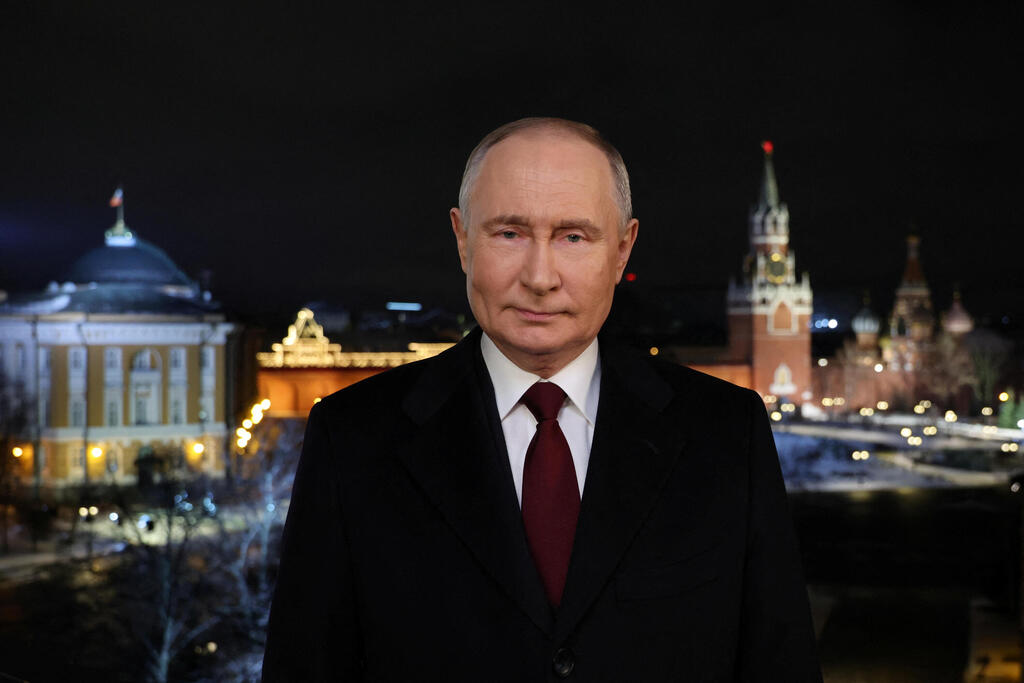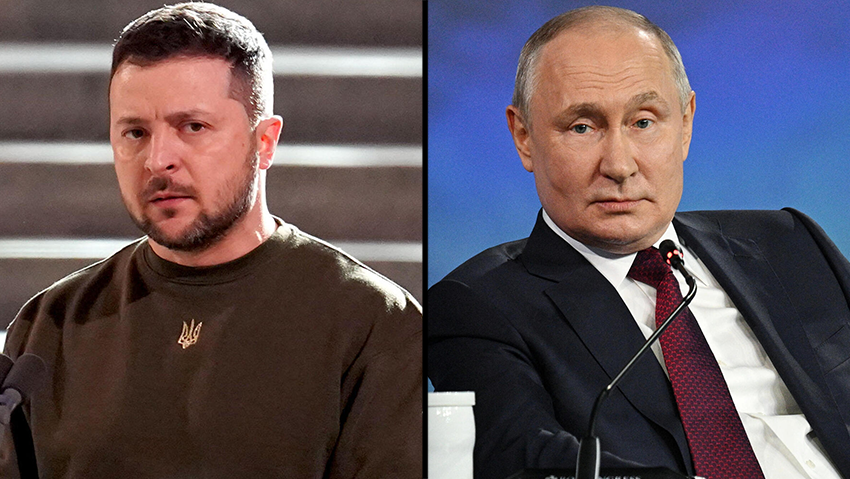Getting your Trinity Audio player ready...
Russian anti-war presidential candidate Boris Nadezhdin said on Thursday that he would appeal to the Supreme Court after the Central Election Commission (CEC) barred him from the March election due to "errors in signatures and invalid signatures." The threat of an appeal comes despite the all-but-assured upcoming victory for sitting president, Vladimir Putin.
Read more:
The CEC had previously said it had found flaws in signatures that Nadezhdin and his allies had collected in support of his candidacy, and that some of them were the signatures of dead people. At a meeting in its central Moscow headquarters on Thursday, election officials said those flaws meant that Nadezhdin, 60, had failed to gather the 100,000 authenticated signatures needed to become a candidate and could therefore not take part in the elections.
2 View gallery


President Vladimir Putin in his 2024 speech
(Photo: Sputnik/Gavriil Grigorov/Pool via REUTERS)
Nadezhdin, who sometimes appears on state television, where he criticizes the authorities before being swiftly drowned out by a TV anchor, said on his official Telegram channel that he did not agree with the CEC's decision and would challenge it in Russia's Supreme Court.
"I collected more than 200,000 signatures across Russia. We conducted the collection openly and honestly. The queues at our headquarters and collection points were watched by the whole world. Taking part in the presidential election in 2024 is the most important political decision of my life. I am not giving up on my intentions," Nadezhdin said.
He called on his supporters to keep their faith despite what appeared to be an irreversible setback in what is a highly controlled political system. "I ask you not to give up. Something has happened that many people could not believe in: citizens have sensed the possibility of change in Russia," he said.
Long-shot campaign
Nobody expects the 60-year-old would-be candidate to win the election. The victory of 71-year-old Putin, who has been in power as either president or prime minister since 1999 and controls all the state's centers of power, is widely seen as a foregone conclusion. But Nadezhdin has surprised some analysts with his trenchant criticism of what the Kremlin calls its "special military operation" in Ukraine, something he calls "a fatal mistake" and had said he would try to end through negotiations.
2 View gallery


Nadezhdin speaks often about the Russia-Ukraine war and opposes it
(Photo: Gettyimages/ Reuters /Ramil Sitdikov/ RIA Novosti)
Kremlin critics say Nadezhdin would not have even been allowed to campaign and collect signatures without the authorities' blessing, something he has denied. The Kremlin, which had previously said it did not see Nadezhdin as a serious rival to Putin, said the CEC's decision to refuse to register Nadezhdin was in line with all the relevant rules.
"What we heard today from the CEC is that there were a large number of errors in the signatures and a large number of signatures were invalid," said Kremlin spokesman Dmitry Peskov. As a candidate nominated by a political party, Nadezhdin needed to gather 100,000 signatures across at least 40 regions to run in the March 15-17 election.

